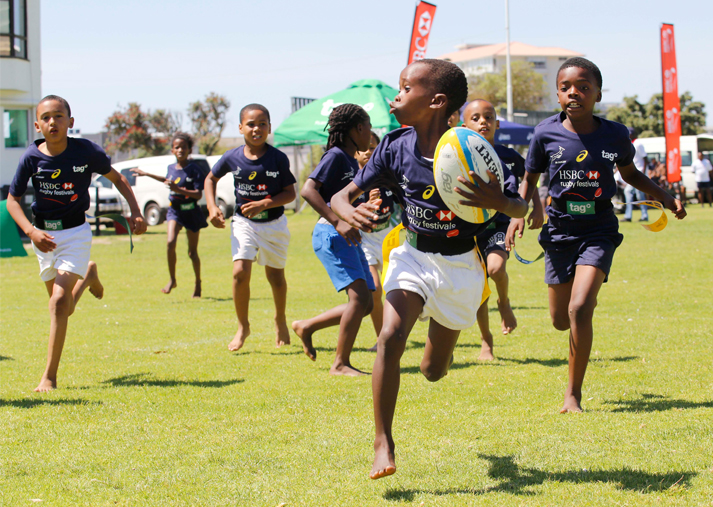By Dr Oscar Mwaanga, Tracy Chifita and Obrain Mwaanga
Also called Physically Active Learning (PAL) or Physically Active Teaching and Learning (PATL), PAE is an active learning pedagogy that utilizes physical activity as a modality for learning. PAE redefines the role of movement in education by integrating it directly into academic lessons, unlike traditional Physical Education (PE).
This innovative approach creates dynamic and engaging learning environments that enhance cognitive function, social cohesion, and emotional well-being.
Introducing Physically Active Education (PAE)
Research consistently shows that physically active children perform better academically, with improved memory, attention, and problem-solving skills. By embedding movement into daily learning routines, PAE addresses the dual crises of declining physical health and disengagement in education. With proven benefits such as improved cognitive functions, reduced non-communicable disease risks, and better mental health outcomes, PAE is a vital tool for addressing health and education disparities and advancing sustainable development goals
Bridging Health and Education: Evidence from Research
A systematic review of 35 studies reveals PAE’s profound impact. In 85% of cases, PAE improved cognitive functions, while 72% of studies reported reduced risks of non-communicable diseases (NCDs), and 68% highlighted mental health benefits. These findings underscore PAE’s potential to address critical health and education disparities in African contexts. PAE’s benefits are not limited to academic performance. It also reduces economic burdens by mitigating healthcare costs associated with inactivity-related diseases. For sub-Saharan Africa, where the financial toll of inactivity could escalate from $8 billion in 2019 to $12.4 billion by 2030, adopting PAE is a cost-effective preventive strategy.
Decolonising Education Through PAE
PAE’s transformative potential extends beyond health and education—it challenges colonial legacies in African educational systems. Historically, these systems have marginalised indigenous knowledge and cultural practices, reinforcing a dualistic separation of mind and body. PAE bridges this gap, promoting a monistic understanding of education that values both physical and cognitive development. Incorporating traditional African games into curricula exemplifies this decolonial approach. For instance, the Zambian game ichanto has been used to teach mathematical concepts, blending cultural heritage with academic learning. Such practices not only enhance educational outcomes but also instil cultural pride and identity among learners.
Addressing Implementation Challenges and Leveraging Opportunities
Implementing PAE in African schools faces significant challenges, including limited resources, overcrowded classrooms, inadequate infrastructure and insufficient teacher training. However, Africa’s unique strengths, particularly its abundant outdoor spaces, present significant opportunities to overcome these challenges.
Outdoor spaces can serve as cost-effective venues for implementing PAE, reducing the dependency on formal infrastructure and fostering creative approaches to integrating physical activity into lessons. Community-based resource sharing and partnerships with SfD organisations provide avenues to mitigate resource constraints, offering financial, material, and technical support. Professional development programmes are critical for equipping teachers with the skills to embed PAE into their teaching practices effectively. Mobile learning units and outdoor activities can further extend PAE’s reach to under-resourced schools, ensuring inclusivity and equity.
One compelling opportunity is particularly in rural Africa’s rich cultural heritage of outdoor lifestyles and communal learning. By leveraging these cultural and environmental strengths, African education systems can adopt PAE as a practical and culturally aligned strategy. This approach not only addresses existing challenges but also enhances cognitive and physical well-being, fostering a generation of resilient, adaptive learners while advancing both health and education outcomes across the continent.
A Call to Action: Seizing the Policy Window
Kingdon’s Multiple Streams Framework provides a lens to understand PAE’s potential for policy adoption. The convergence of pressing health and education challenges (problem stream), evidence-based solutions like PAE (policy stream), and stakeholder advocacy (politics stream) creates a unique opportunity for transformative change. Policymakers, educators, and international stakeholders must prioritise PAE as a cornerstone of educational reform. By embedding physical activity into African education systems, they can create dynamic learning environments that prepare children to navigate the complexities of the 21st century.
Conclusion: A Vision for Holistic Development
Physically Active Education is more than a pedagogical strategy; it represents a movement toward holistic child development, cultural reclamation, and sustainable growth. As Africa seeks to overcome challenges in health and education, PAE provides a transformative pathway to nurture resilient, adaptive, and thriving generations equipped with the cognitive, emotional, and physical skills necessary for the future. To ensure widespread adoption, stakeholders must champion policies that prioritise PAE, invest in infrastructure, and support teacher training initiatives. By bridging the gap between knowledge and well-being, PAE fosters a healthier, more equitable continent, paving the way for Africa’s youth to lead in a dynamic, AI-driven era.
Mwaanga is theProgramme Director for the Post Graduate Certificate in International Sports Management at the University of London, and Chifita is a physical education and sports lecturer at Malcolm Moffat College of Education.
This article was originally published in the International Platform on Sport and Development (sportanddev)







